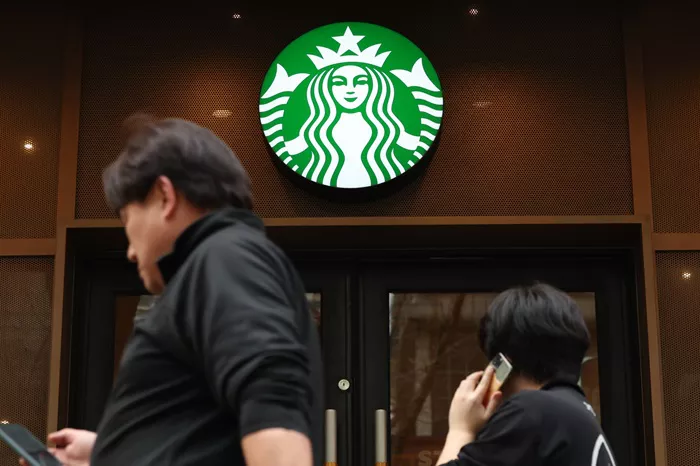Starbucks Korea has announced a price increase for 22 of its beverages, effective January 24, 2025. The popular tall Americano will rise by 200 won, reaching a new price of 4,700 won.
This is the third price hike by Starbucks Korea in just five months, driven by rising costs of coffee beans and operational expenses.
Other popular drinks, such as the cafe latte, cappuccino, caramel macchiato, and grapefruit honey black tea, will also see a 200-won increase for both tall and short sizes. Larger sizes of cold brew, milk tea, and yuzu mint tea will also experience a 200-won rise. Additionally, “Today’s Coffee,” which features rotating coffee bean selections, will increase by 300 won for tall and short sizes, and by 100 won for grande and venti sizes.
However, not all drinks will see price increases. Ten beverages, including the Jeju matcha latte, will maintain their current prices, and one drink will become cheaper.
Starbucks Korea explained that the price hike was necessary due to the rising costs of coffee beans, fluctuations in exchange rates, and other operational challenges. A company official stated, “We’ve tried to minimize the impact on customers, but cost pressures have left us with no choice.”
Starbucks is not the only coffee chain adjusting its prices. Paul Bassett, a premium coffee brand, will increase prices for 28 products starting January 23, with hikes ranging from 200 to 400 won. A Cafe Latte at Paul Bassett will increase to 5,900 won, while its ice cream will rise to 4,300 won. This will be the brand’s first price increase in nearly three years.
Other coffee brands have also raised prices recently. Dong Suh Foods raised factory prices for its instant coffee and coffee mixes by an average of 8.9% in November 2024, and both Coffee Bean Korea and budget-friendly chain The Venti also implemented price hikes earlier this year.
Related topics:
- Coffee Prices in Australia Set to Surge: Experts Predict $10 Cups
- Vietnam’s Coffee Exports Improve, Prices Expected to Stay Stable in 2025
- Coffee Prices Reach 50-Year High Amid Supply Challenges


